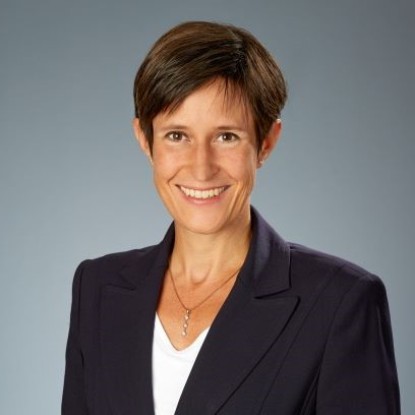Department of Mathematics
Quantitative results for stochastic processes
Mathematisches Kolloquium im Sommersemester 2024
When?
July 17, 2024, 17:15-19:00
Where?
Hörsaal der Kernphysik
S2|14 24
Schlossgartenstr. 9
64289 Darmstadt
Organiser
FB Mathematik
Contact
Dr. Thomas Powell, Bath, UK
It is an elementary fact from real analysis that any monotone bounded sequence of real numbers converges. It turns out that the monotone convergence theorem can be given an equivalent finitary formulation: roughly that any sufficiently long monotone bounded sequence experiences long regions where the sequence is metastable. This so-called "finite convergence principle" is carefully motivated and discussed by Terence Tao in a 2007 blog post ('Soft analysis, hard analysis, and the finite convergence principle'), but was already known to proof theorists, where the use of logical methods to both finitize infinitary statements and provide uniform quantitative information for the finitary versions plays a central role in the so-called proof mining program pioneered by Ulrich Kohlenbach.
The goal of my talk is to discuss how methods from proof mining can be applied to the theory of stochastic processes, an area of mathematics hitherto unexplored from this perspective. I will begin by discussing the simple monotone convergence principle, and will then focus on how everything I mentioned above can be generalised to the analogous result in the stochastic setting: Doob's martingale convergence theorems. This then sets the groundwork for new applications of proof theory in stochastic optimization, and I will give a high level overview of some work in progress in this direction, including a quantitative analysis of the famous Robbins-Siegmund lemma. This is all joint work with my PhD student Morenikeji Neri.
In giving the talk I will not assume any knowledge of proof theory, just some elementary analysis and probability theory.
Tags
Mathematisches Kolloquium, Mathematik, Numerik, Logik, Logic

